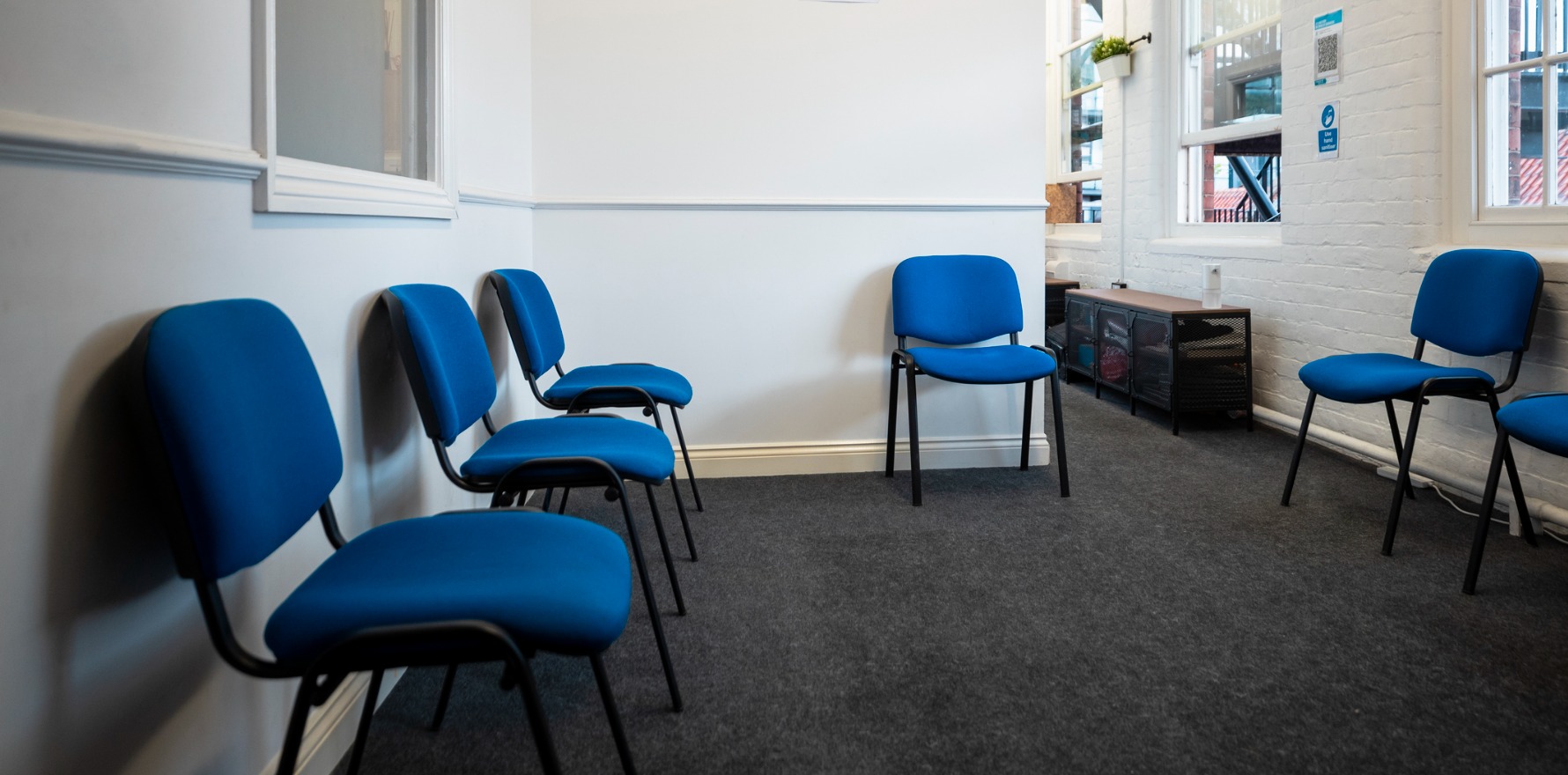The state premier wants the federal government to do more to increase access to primary care.
Patients in NSW are struggling to access GP appointments as emergency departments and ambulance services continue to grapple with record levels of demand, new BHI data has revealed.
The latest findings from the BHI’s Healthcare Quarterly report show a substantial net decrease in GP visits per 100,000 people across NSW with 653,802 recorded as at 30 June 2023, down 100,907 visits from 754,709 at 30 June 2022, the first time a decline has been recorded since 2010.
NSW Health Minister Ryan Park urged the federal government to do more to increase access to primary care and to ease the burden on state health systems in the wake of the BHI’s findings.
“While access to primary care and GPs is a federal responsibility, the NSW government is playing our part by investing in pathways to care outside of the hospital, while improving patient flow within the hospital,” Mr Park said.
“But we cannot do this on our own, and we are continuing to see our state health system shoulder the burden of the crisis in primary care.”
Mr Park said he was “particularly concerned” that the lack of access to primary care was driving people to put off care and management, “particularly of chronic conditions”.
- This article first appeared on Health Services Daily. Read the original article here, or sign up for your discounted GP subscription here
The data also showed 795,817 emergency department attendances were recorded between April and June 2024, a 3.3% rise from the same quarter in 2023, with more patients allocated to triage 1, 2 and 3 categories than in any quarter since the BHI began reporting in 2010.
Of all patients attending an ED, 63.7% started their treatment on time in the April-June quarter, down 2.1% compared with the same quarter in 2023, with more than 69,000 patients leaving ED without, or before completing, treatment, an increase of 13.3% (8113) compared with the same time a year earlier.
Related
More than 385,300 ambulance responses were reported across NSW between April and June, up 7.8% compared to the same quarter in 2023 and also the largest number reported since 2010.
These responses included a record 18,461 responses to life-threatening emergencies categorised “highest priority- P1A”, with a median response time of 13.9 minutes and one in 10 responses taking longer than 32 minutes in the latest 2024 quarter.
The report also showed that 59,105 elective surgeries were performed from April to June 2024, with 87% of surgeries performed on time, while the number of patients waiting longer than clinically recommended fell from 9,107 in the second quarter of 2023 to 1859 in 2024.
The full BHI Healthcare Quarterly report for the April-June 2024 quarter is available here.





